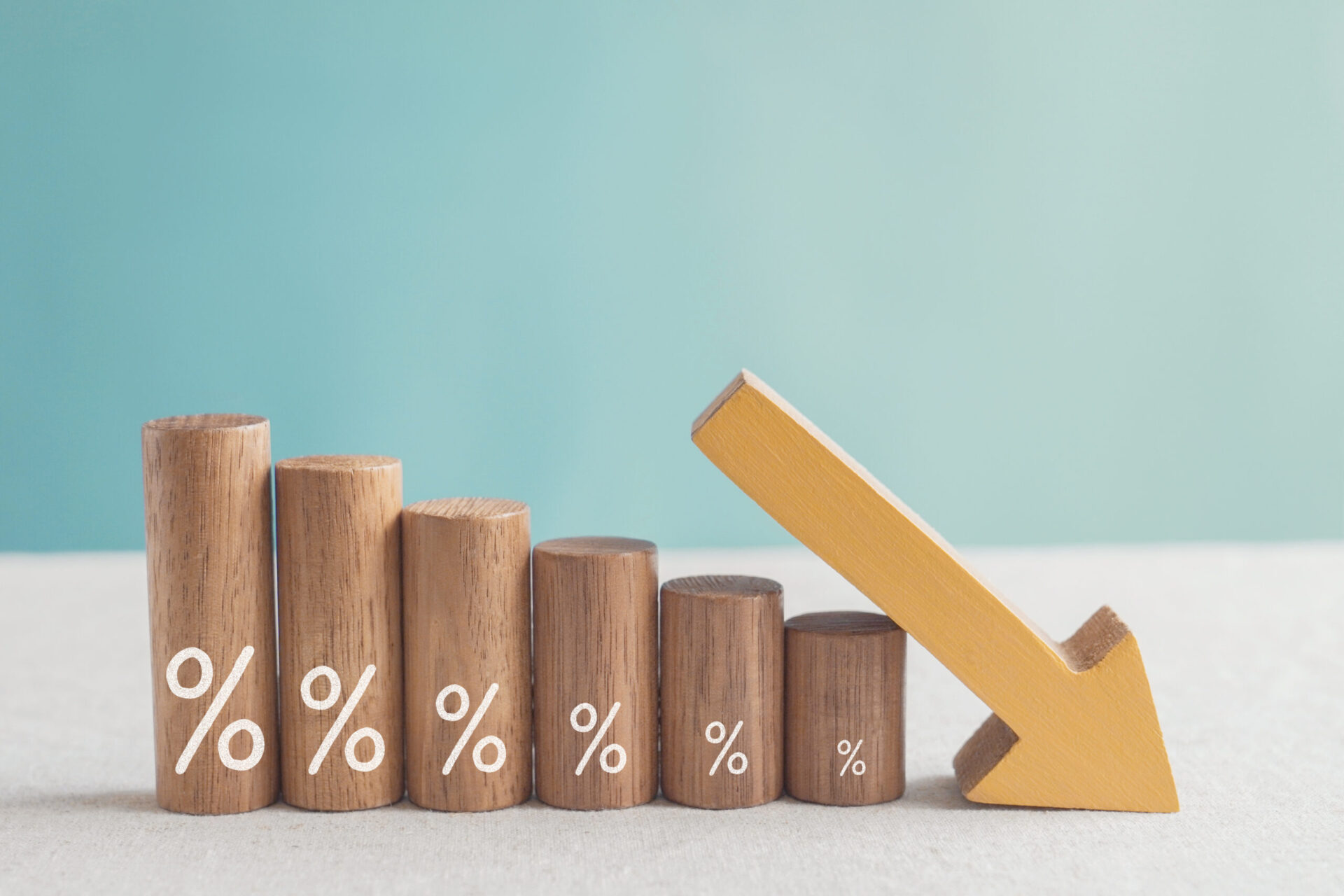RealtyTrac’s Investor Sentiment Survey found 48% of real-estate investors believed the investment market is worse or much worse than a year ago, and 36% anticipate it will stay bad over the next six months.
RealtyTrac, an ATTOM company that covers foreclosure and other real-estate data, surveyed more than 300 individual real-estate investors around the country. Almost 63% of respondents listed the rising cost of homes as a major challenge for investing, overtaking the former number one challenge, inventory, which came in at 57%. But when asked how they think the situation will look in six months, inventory again comes out on top, suggesting investors see home costs as a temporary hindrance.
Competition from other buyers dropped out of the top three major issues at only 28%, replaced by increased material costs, 36%. In six months, however, respondents expect competition to remain a serious issue.
“Real estate investors continue to face the dual challenges of low inventory and rising home prices,” said Rick Sharga, executive vice president at RealtyTrac.
“Coupled with strong competition from traditional homebuyers and rising material and labor costs, it’s no wonder that individual investors believe that the market is less favorable today than it was a year ago.”
The survey focused on mom-and-pop investors who purchase between one and ten properties a year, excluding cash investors who have been having a big year, many with Wall Street money in their pockets.
“Even before the pandemic hit, institutions already heavily invested in commercial real estate were looking at ways to diversify their income streams,”Jeremy Eddy, head of Living & Hospitality, International Capital Markets at JLL, told CNN. Residential real estate provided an obvious alternative and one that has only become more attractive since the pandemic.”
Mom-and-pop investors have had to face off with these big players, plus a surge of traditional consumer homebuyers inspired to move by remote work and a desire for more space during the pandemic.
But mom-and-pops have enormous influence. They own almost 90% of single-family rental properties in the U.S. Large institutions own less than 2%. The same is true for the fix-and-flip market, though they face increasing pressure from iBuyers like Opendoor, Offerpad, and Zillow.
“Investors are more optimistic about the future than they are about current market conditions,” Sharga said. “But they do worry about inflation – about 81% of the investors surveyed were concerned about inflation causing material and labor costs to rise, making affordability an issue for prospective homebuyers and renters, and increasing the costs of financing.”
